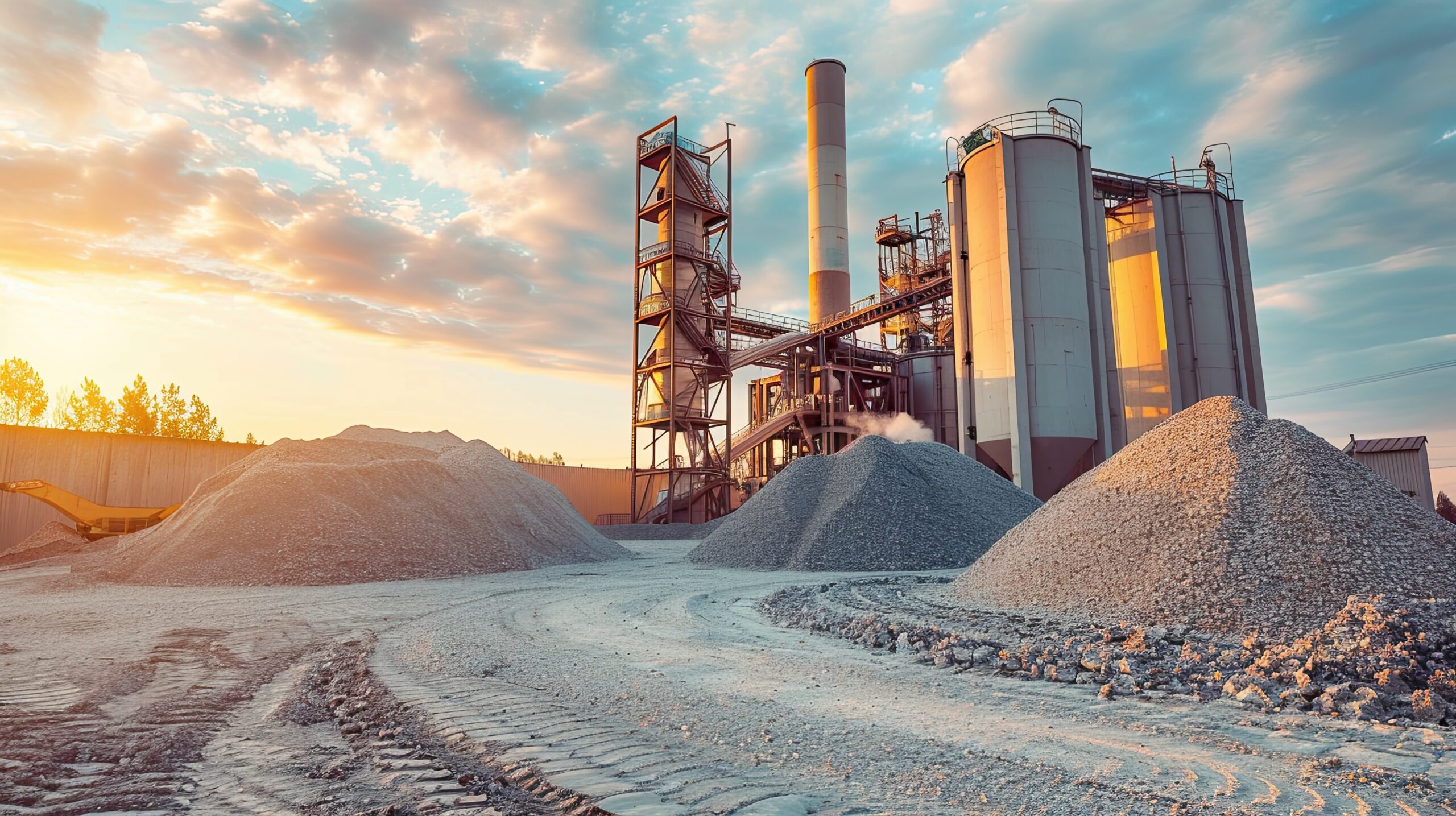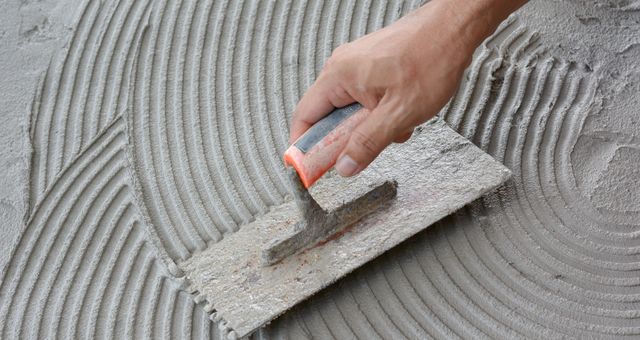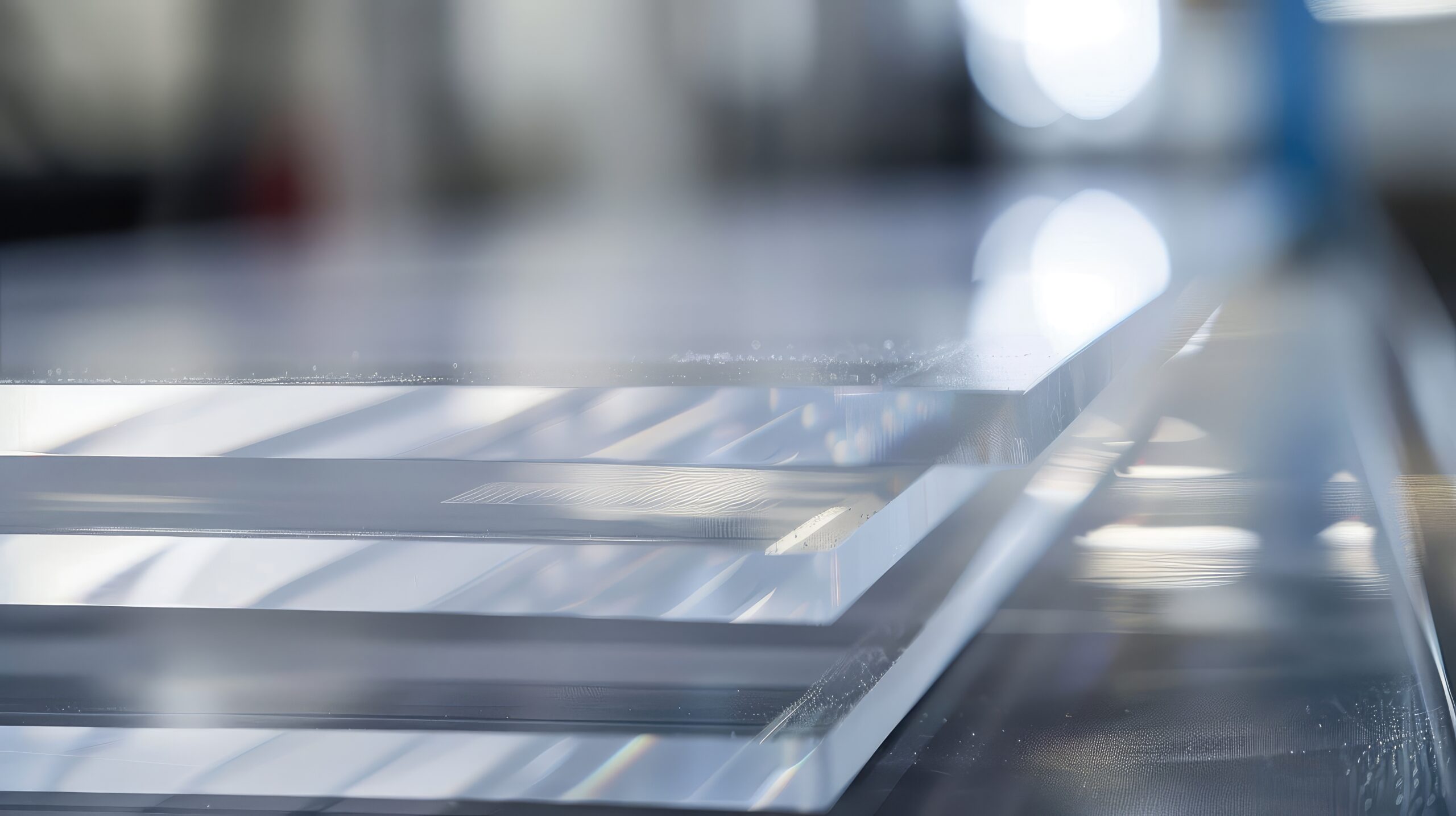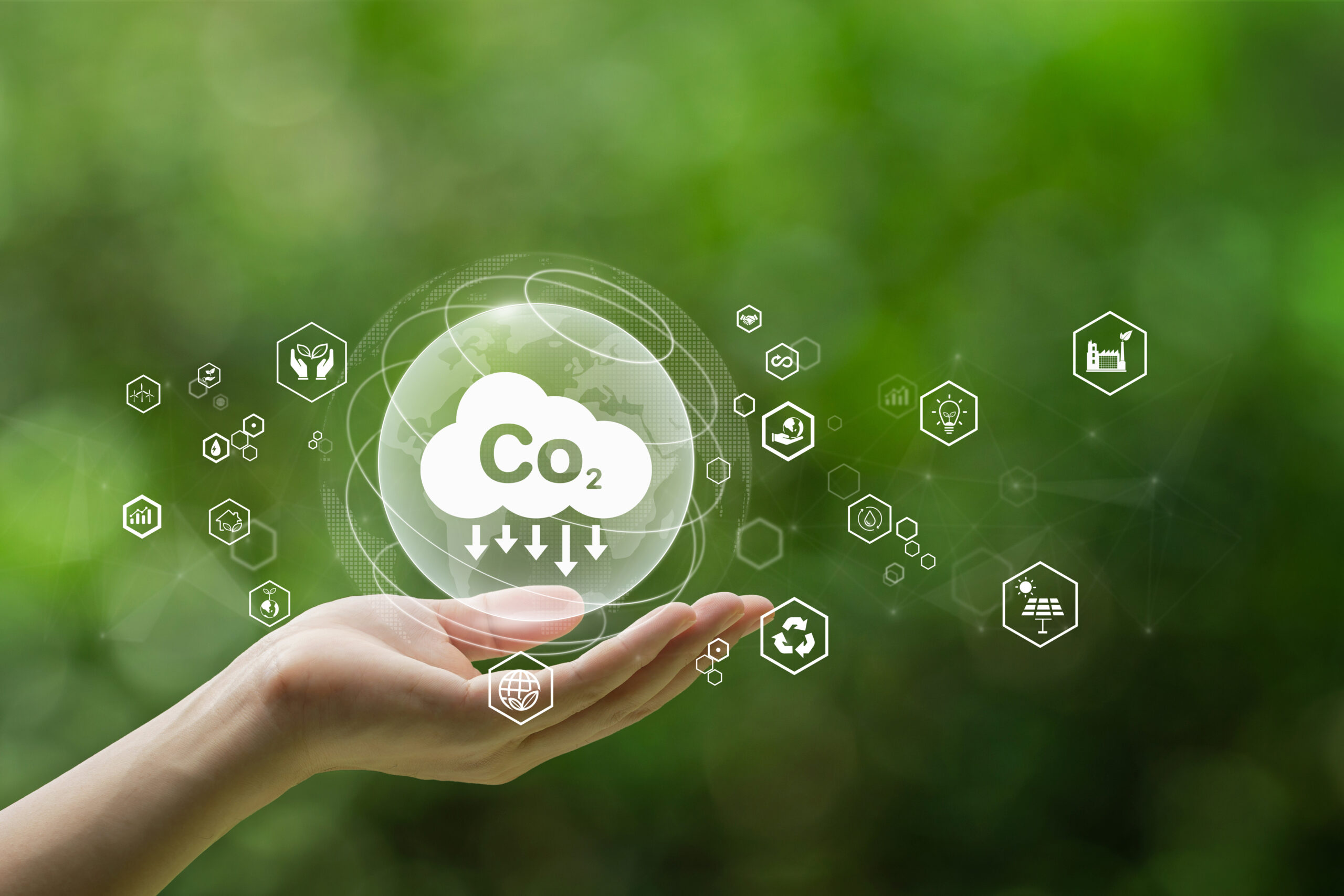
CARBIOCEM Project
New pathways for low-carbon cement production through (bio)carbonation of industrial by-products

Project coordinated by CNRS
Duration of 4,5 years
4,5 millions euros of budget
Theses
Context and challenges
To achieve carbon neutrality by 2050, it is necessary to reduce atmospheric CO₂ emissions by 1.4 GtCO₂ per year. This complex task requires comprehensive solutions combining active emission reductions, the capture and storage of CO₂ already present in the atmosphere, and circularity in CO₂ utilization.
Scientific objectives
The CARBIOCEM project aims to convert captured CO₂ into low-carbon materials by combining mineral carbonation and biomineralization. The multidisciplinary consortium is exploring innovative cements with very low carbon content, integrating biological processes based on microorganisms. It also seeks to understand the chemical and physical mechanisms underlying these processes.
The expected outcomes include improved methodologies and databases to develop a new generation of cementitious materials, suitable for industrial use in mortars and concretes. The project represents a breakthrough in CO₂ storage and the development of sustainable materials.
The consortium

More projects


